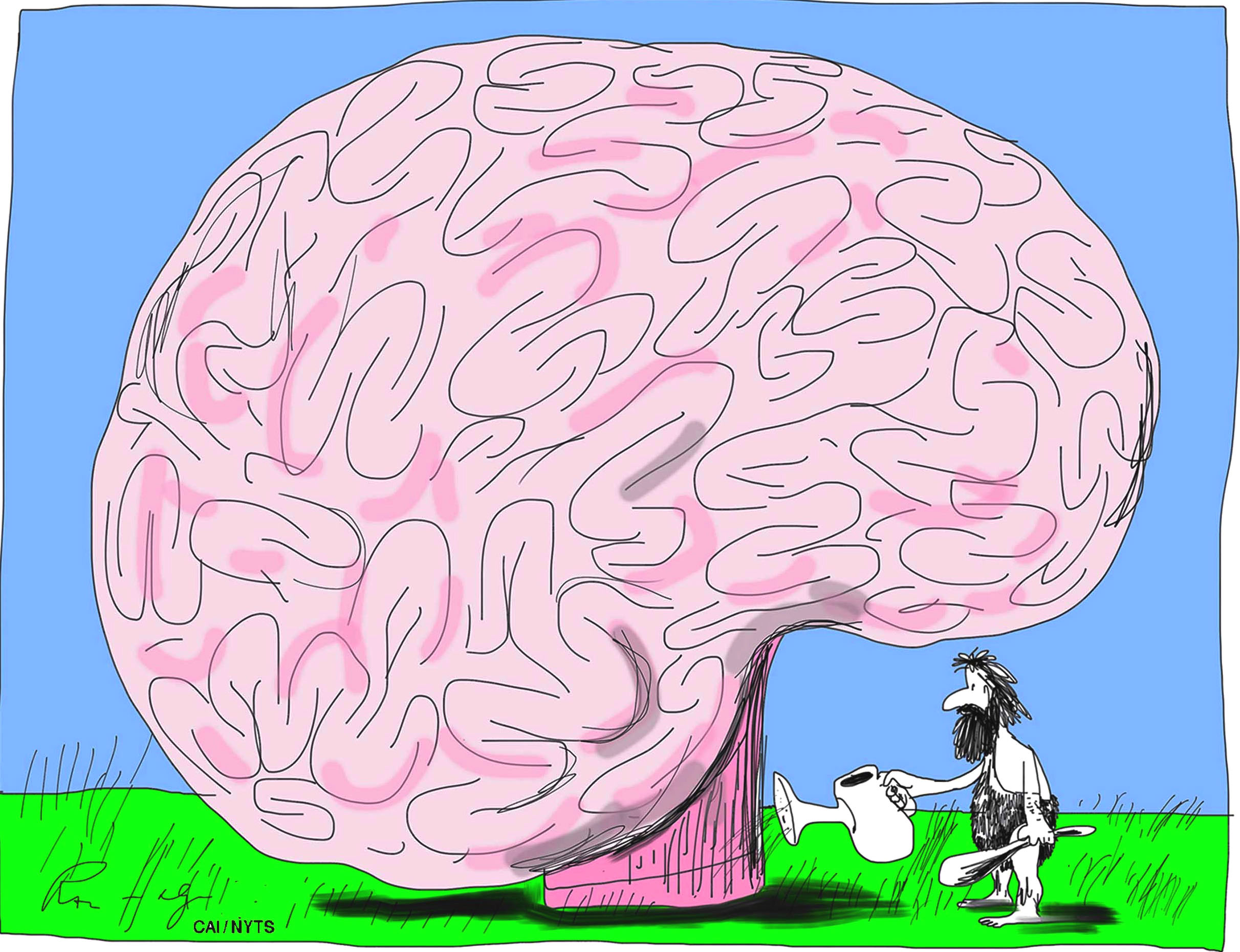Of all living things, why do humans alone create advanced technology? Not long ago, scientists thought it was because we are the only intelligent life form on this planet. That explanation alone no longer suffices. Over the last decade, scientists have discovered that crows can use tools, hyenas can cooperate to solve complex problems, jays can plan for the future, rats and voles can demonstrate empathy, and ducklings are capable of abstract thought.
Yet our technology is extraordinary. Why were we the ones to transform the planet? A clue comes from a recent paper on a genetic change that helped our ancient ancestors tolerate smoke after fire was invented. It's the latest finding to bolster the increasingly compelling notion that natural selection acts on our species in a unique way. While evolution forces all living things to adapt to changing natural environments, this emerging school of thought holds, it also forces humans to adapt to our own inventions. And indeed, there's evidence we have been physically reshaped by agriculture, dairy farming, stone tools, spears and the taming of fire.
In the paper linking the taming of fire to biological evolution, published earlier this month in the journal Molecular Biology and Evolution, scientists identified a genetic mutation that allows us to better break down the most toxic chemicals that make up wood smoke. The authors showed that all present-day humans carry this mutation, which is not present in chimpanzees or, as far as they can tell, any other animals.



















With your current subscription plan you can comment on stories. However, before writing your first comment, please create a display name in the Profile section of your subscriber account page.